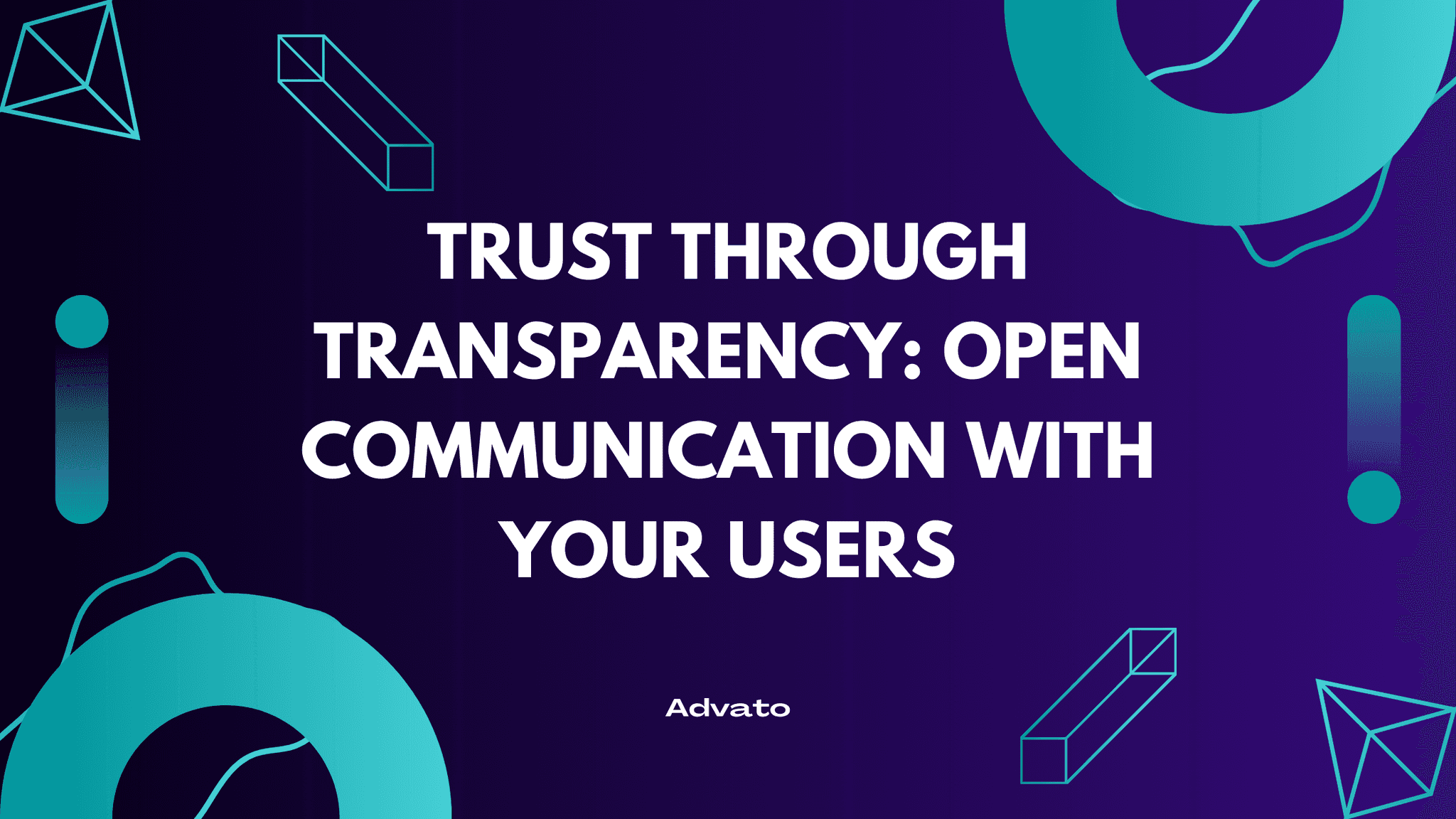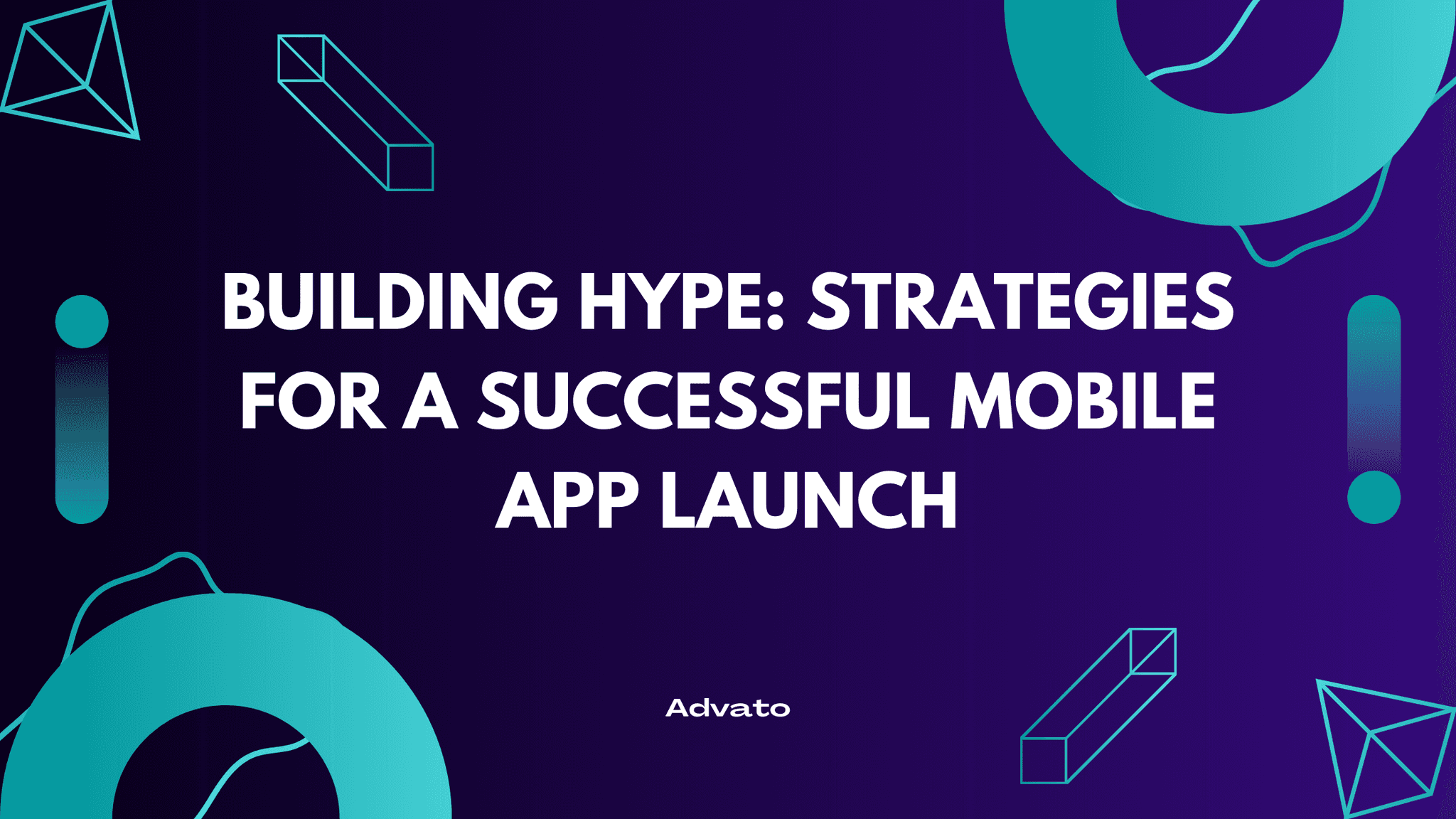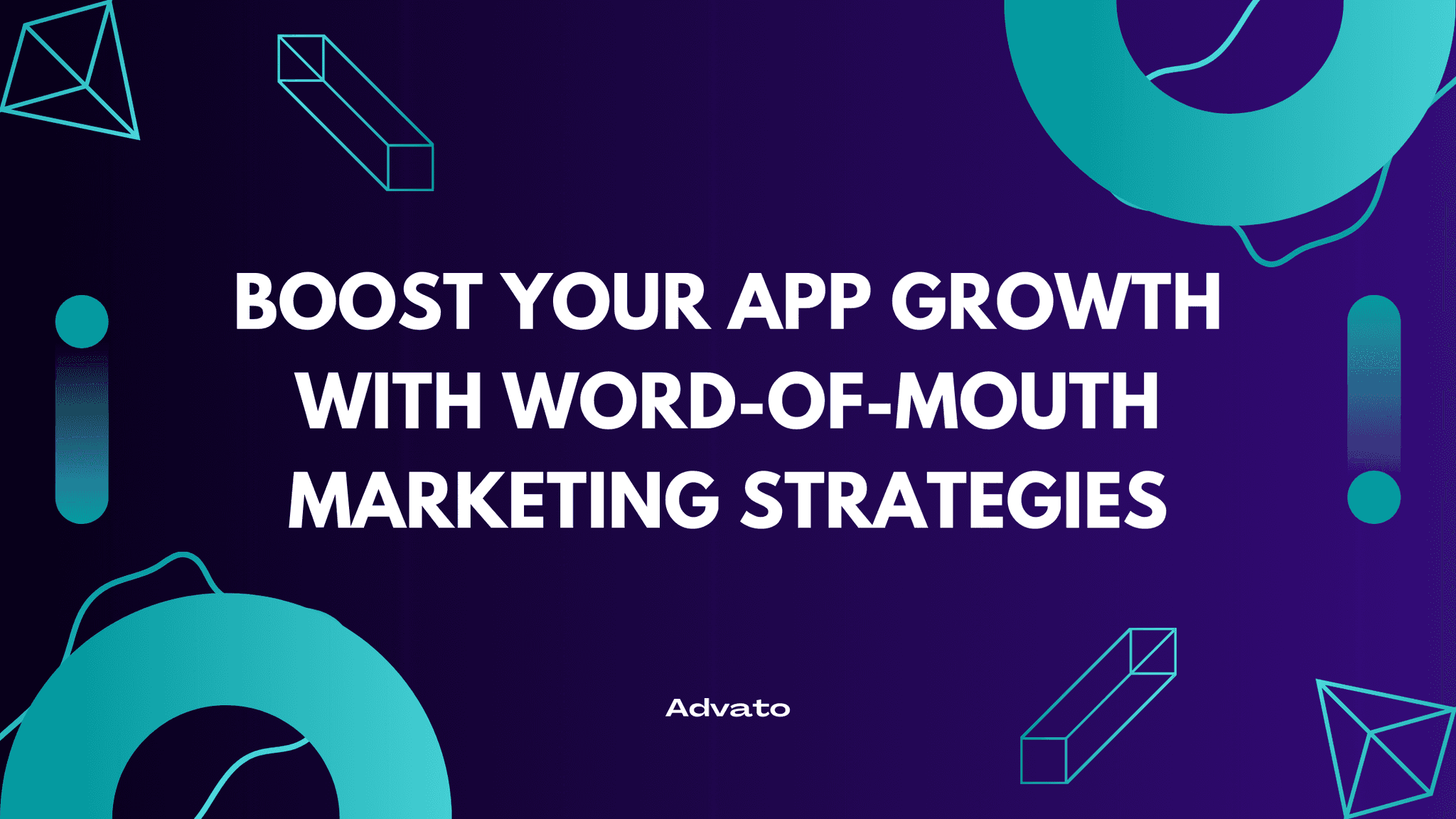Sep 20, 2024
In the bustling world of mobile apps, where millions of them are fighting for users' attention, standing out from the crowd is a monumental challenge. Enter referral marketing – a strategy that not only helps apps gain visibility but also taps into fundamental aspects of human psychology to drive growth. But what makes app referrals so effective? Why do people trust and act on recommendations from friends and family? Let's dive into the fascinating psychology behind why referral marketing works wonders for mobile apps.
The Power of Social Proof
At the heart of referral marketing's success lies the concept of social proof. This psychological phenomenon describes our tendency to look to others for cues on how to behave, especially in unfamiliar situations.
When it comes to mobile apps, social proof manifests in several ways:
Trust in Peer Recommendations: We're more likely to trust recommendations from people we know rather than traditional advertising.
Fear of Missing Out (FOMO): If our friends are using and enjoying an app, we don't want to be left out of the experience.
Perceived Value: An app recommended by a friend is often perceived as more valuable or useful than one we stumble upon randomly.
This psychological principle explains why app referrals can be so powerful. When a friend suggests an app, it comes with an implicit endorsement that carries more weight than any marketing campaign could.
The Reciprocity Principle
Another key psychological factor at play in referral marketing is the principle of reciprocity. This concept suggests that when someone does something nice for us, we feel compelled to return the favor.
In the context of app referrals, this works in two ways:
User to Friend: When a user shares a great app with a friend, they're doing that friend a favor by introducing them to something valuable.
Friend to User: If the friend enjoys the app, they may feel a sense of gratitude towards the person who recommended it, strengthening their relationship.
Many successful referral programs leverage this principle by offering rewards to both the referrer and the new user, creating a win-win situation that encourages sharing.
The Endowment Effect
The endowment effect is a psychological phenomenon where people place a higher value on things they own or have a sense of ownership over. In the world of mobile apps, this translates to users feeling more invested in apps they've discovered through personal connections.
When a user receives an app recommendation from a friend, they're more likely to:
Give the app a fair chance and explore its features thoroughly
Stick with the app for a longer period
Overlook minor issues or bugs that might otherwise cause them to uninstall
This increased sense of value and loyalty can lead to higher retention rates and more positive reviews for apps acquired through referrals.
The Power of Storytelling
Humans are naturally drawn to stories. We use them to make sense of the world, share experiences, and connect with others. Referral marketing taps into this innate love of storytelling.
When a friend recommends an app, they often do so by sharing their personal experience:
"This fitness app helped me lose 10 pounds!"
"I found my favorite coffee shop using this local guide app."
"This productivity app changed the way I manage my time."
These micro-stories are compelling because they're relatable and come from a trusted source. They provide context and emotional resonance that generic app descriptions or advertisements simply can't match.
The Bandwagon Effect
The bandwagon effect describes our tendency to adopt behaviors or attitudes simply because others are doing so. In the context of mobile apps, this can create a snowball effect for popular apps.
As more people start using an app due to referrals, it creates a perception of popularity and success. This, in turn, makes others more likely to try the app, leading to exponential growth.
The Psychological Impact of Rewards
Many referral programs offer incentives for both the referrer and the new user. These rewards tap into our brain's reward center, releasing dopamine and creating positive associations with the act of sharing.
Key psychological aspects of rewards in referral marketing include:
Immediate Gratification: Instant rewards for successful referrals satisfy our desire for quick wins.
Status and Recognition: Some programs include leaderboards or special status for top referrers, appealing to our need for social recognition.
Altruism: The ability to share rewards with friends can trigger feelings of generosity and goodwill.
Gamification: Turning the referral process into a game-like experience can make it more engaging and fun.
The Trust Factor
Trust is a crucial element in any marketing strategy, but it's particularly potent in referral marketing. When a friend recommends an app, they're essentially vouching for its quality and usefulness. This personal endorsement carries significant weight due to several psychological factors:
Credibility: We tend to view friends as more credible sources of information than advertisers or even expert reviews.
Shared Interests: Friends often have similar interests or needs, making their recommendations more relevant.
Risk Reduction: Trying a new app always involves some level of risk (wasted time, privacy concerns, etc.). A friend's recommendation helps mitigate these perceived risks.
Emotional Connection: Recommendations from friends come with an emotional component that can influence decision-making more powerfully than logical arguments.
Leveraging Psychology in Your App's Referral Program
Understanding these psychological principles is just the first step. To create a truly effective referral marketing strategy for your mobile app, you need to apply these insights strategically. Here's how you can leverage psychology to boost your app's growth:
Make Sharing Easy and Natural: Reduce friction in the referral process by integrating sharing options seamlessly into your app's user experience.
Craft Compelling Referral Messages: Help users tell their story by providing customizable message templates that highlight personal experiences.
Offer Two-Sided Incentives: Create rewards that benefit both the referrer and the new user to tap into reciprocity and increase the likelihood of sharing.
Use Social Proof in Your App: Display the number of users, positive reviews, or other social proof elements to leverage the bandwagon effect.
Create a Sense of Exclusivity: Use limited-time offers or exclusive features for referred users to tap into FOMO.
Gamify the Referral Experience: Implement levels, challenges, or leaderboards to make the referral process more engaging and rewarding.
Personalize the Experience: Use data to tailor referral requests and rewards to individual users' preferences and behaviors.
Highlight Success Stories: Share testimonials or case studies of users who have benefited from your app to harness the power of storytelling.
Implementing a Psychology-Driven Referral Program
While understanding the psychology behind referral marketing is crucial, implementing these insights effectively can be challenging. This is where specialized tools like Advato come into play. Advato is designed to help app developers and marketers create and manage referral programs that leverage these psychological principles to drive growth.
With Advato, you can:
Easily set up customized referral campaigns that tap into social proof and reciprocity
A/B test different reward structures to find what resonates best with your users
Implement gamification elements to make the referral process more engaging
Track and analyze referral data to continually optimize your program
By using Advato, you can focus on crafting the perfect referral strategy while the technical aspects are handled seamlessly. This allows you to create a referral program that not only leverages psychological principles but also integrates smoothly with your app's user experience.
The Psychological Edge in App Growth
The psychology behind referral marketing is a powerful tool in the mobile app growth arsenal. By tapping into fundamental human behaviors and motivations, referral programs can drive organic, sustainable growth in a way that traditional marketing often can't match.
Remember, people aren't just downloading an app when they act on a referral – they're participating in a social exchange, affirming relationships, and satisfying deep-seated psychological needs. By understanding and leveraging these psychological principles, you can create a referral program that not only grows your user base but also fosters a community of engaged, loyal users.
Whether you're just starting with referral marketing or looking to optimize an existing program, keep these psychological insights in mind. And don't hesitate to leverage tools like Advato to help you implement these strategies effectively. With the right approach, you can create a referral program that resonates with users on a psychological level, driving growth and success for your mobile app.
After all, in the crowded app marketplace, understanding the human mind might just be your greatest competitive advantage. Are you ready to unlock the full potential of psychology-driven referral marketing for your app?


